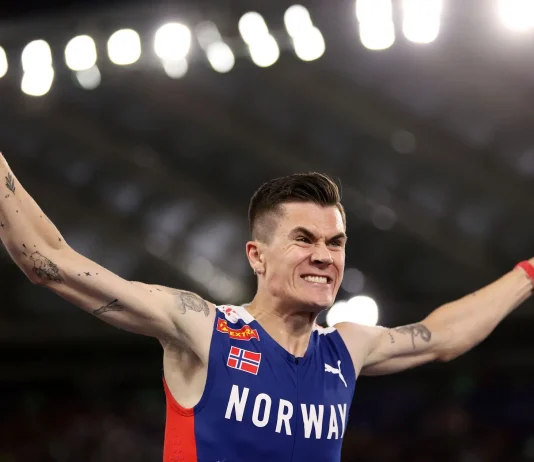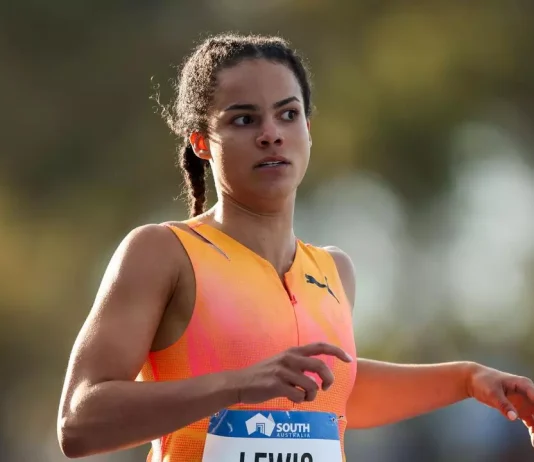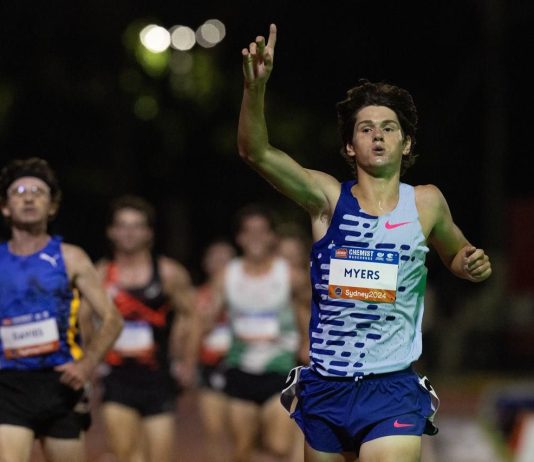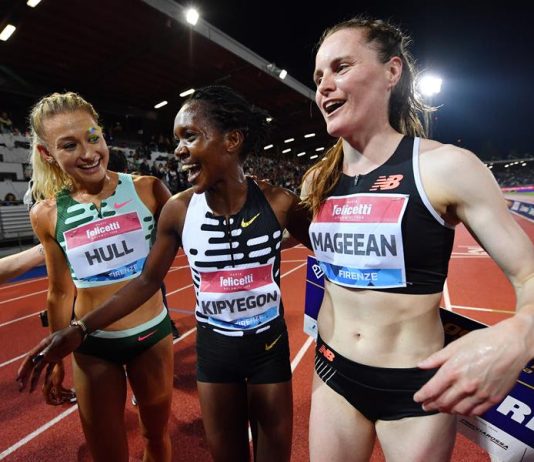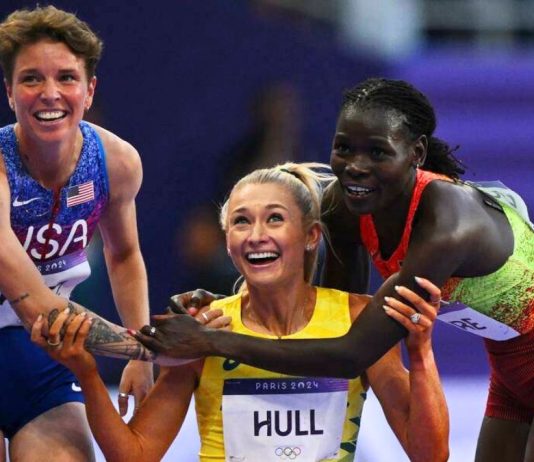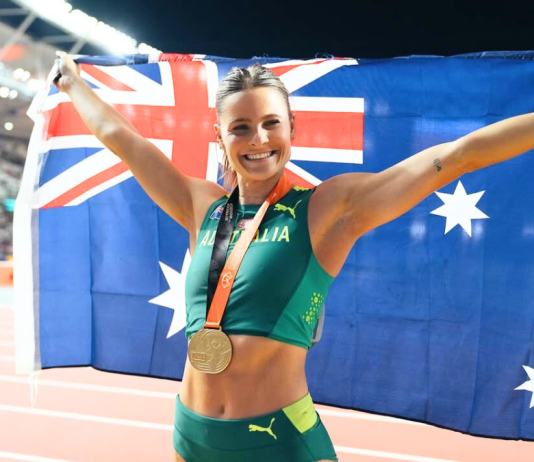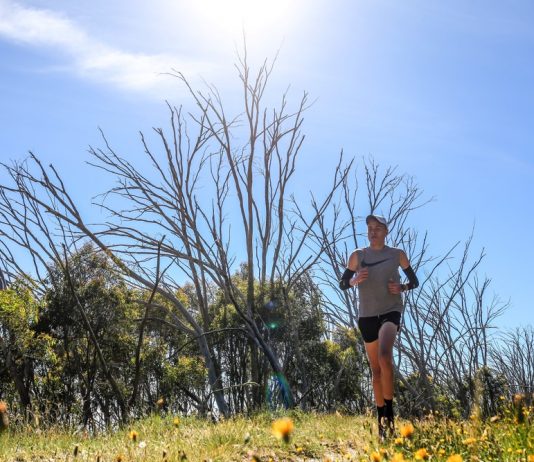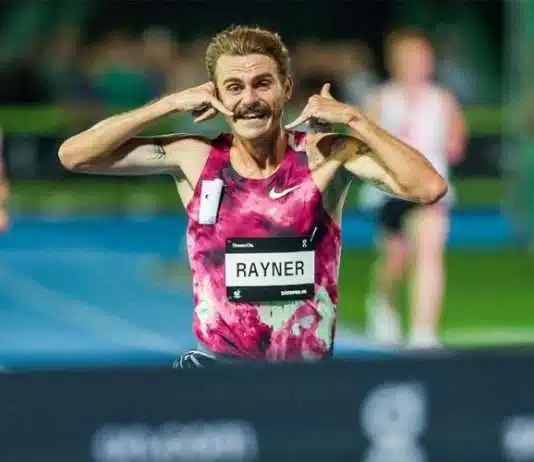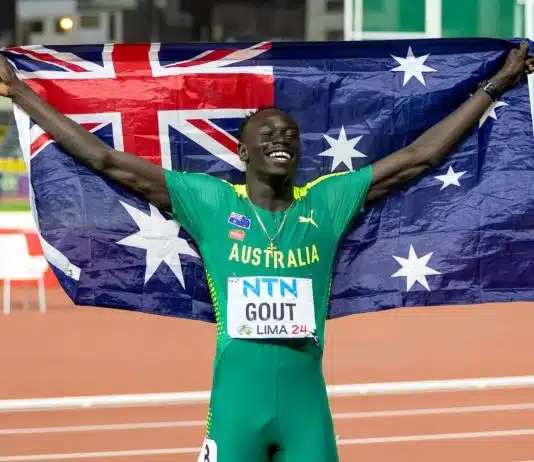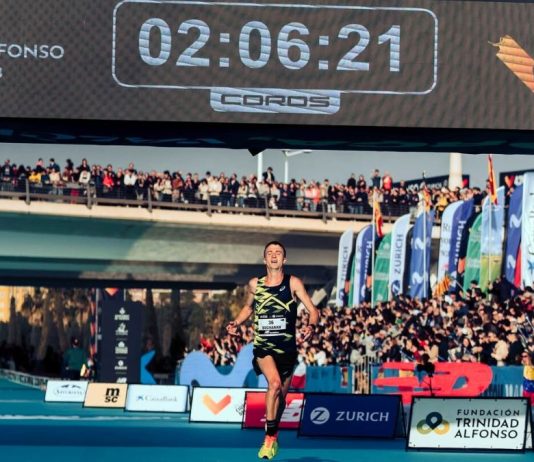A column by Len Johnson
When John Walker was asked about his ‘modest’ winning time in the Montreal 1976 Olympic Games final, he reputedly responded that world records are made to be broken, gold medals last forever.
It’s true, too. A year earlier Walker had become the first man to break...
A column by Len Johnson
Here’s a sentence this observer never thought he would write. Australia is dominating the men’s 60 metres sprint. No, really.
We’re up there in the women’s 60, too. That’s right, in the blue riband indoor distance to be contested at the world indoor championships in Nanjing...
Is it just me or is Cam Myers channelling Herb Elliott
Awards season continues. World Athletics announces its annual awards, leaving December and the latter part of November out of the ‘year’ presumably in pursuit of getting in first. Track & Field News releases its annual rankings, holy writ from The Bible of the Sport. Now – finally, comes the...
Last week this column took a look at the Track & Field News event rankings for the Paris 2024 Olympic year. There’s always more to the (self-proclaimed) Bible of the Sport’s annual rankings issue than can be covered in a single take, so let’s go back to it again this time around.
Just as you don’t need a weatherman to know which way the wind blows; Nina Kennedy didn’t need a magazine to tell her she was the number one female pole vaulter in the world last year.
As we travelled to Falls Creek for the forty-somethingth year in a row I had one of those existential-type moments. Had the journey up to Victoria’s Bogong High Plains become better than the destination.
None could withstand Rayner’s finish, however. Clear at the bell, he held on to win by some 20 metres from Clifford, with Chignell, Robinson and O’Donnell following.
Australians know ‘schoolies’ as the week-long celebration for high school graduates that takes place after final exams in late November and early December.
The same calendar period brings the Australian All Schools championships. ‘Schoolies’ for high school athletes, if you like. Except for one thing: you only get one chance...
Another eye-popping day in Valencia on Sunday, 1 December 2024, produced an Australian record when Andrew Buchanan crossed the line in 2:06:22. It was the first time an Australian had broken 2:07. An Australian male, we should say, now that Ruth Chepngetich with her 2:09:56 has brought such a time into the realm of the possible for women as well.


